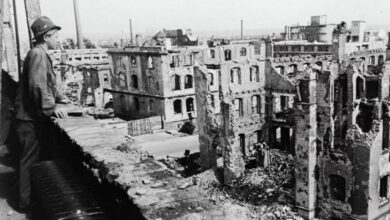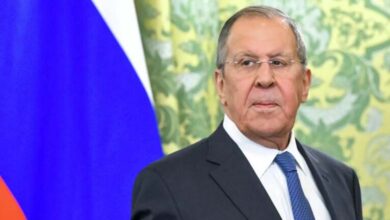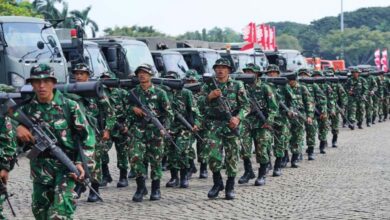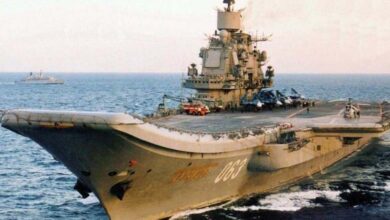Military Operation in Western Somalia Against Al-Shabaab… ATMIS Under U.S. Criticism
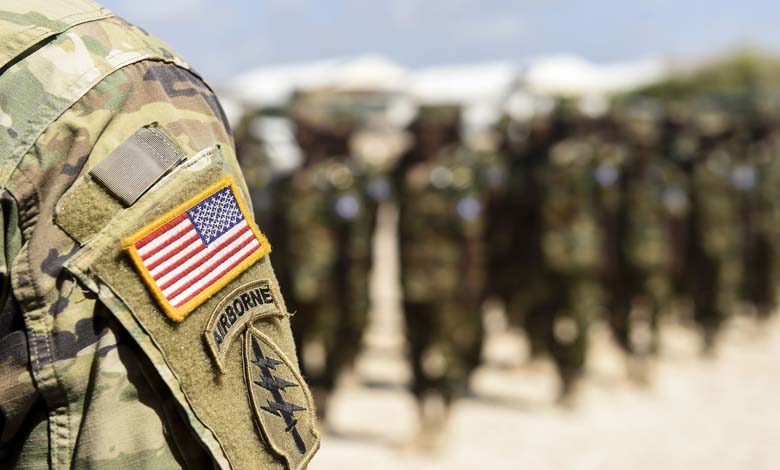
As the African Union mission in Somalia faces U.S. criticism, the Somali National Army continues its military operations against the terrorist group Al-Shabaab.
-
New strategy by Al-Shabaab terrorist group in Somalia
-
Somalia: 19 members of Al-Shabaab Fighters Killed Near Mogadishu
Somali military forces have intensified their operations in the southwest of the country, conducting, in cooperation with local forces, a large-scale military operation in the Bay region. Meanwhile, the Middle Shabelle region witnessed a deadly incident in which two civilians were killed amid rising tribal tensions.
The 8th Battalion of the 60th Division of the National Army, supported by the Dervish Battalion of the South West State, launched a military operation targeting Al-Shabaab positions across several villages in Bay.
According to military sources, the operation destroyed key centers used for planning and supplying armed activities, in a move aimed at cutting off sources of threat and boosting local security.
-
Continued Terrorism Confrontation by Somalia Against Al-Shabaab
-
Somalia Takes Over Al-Shabaab’s Coffers; Economic War Loses Balance
Lieutenant Colonel Abdirahman Nisho Ali of the National Army and Major Ibrahim Abdallah, commander of the Dervish Battalion, confirmed that the operation was intended to secure villages and strengthen local government authority, emphasizing that local residents’ cooperation was a key factor in the mission’s success.
The offensive comes amid escalating tribal violence, especially in Adale District, Middle Shabelle, where two civilians were shot dead by armed militias near the town of Kogar. This marks the second such incident in days, following the killing of a driver from the Nehyeh tribe, highlighting the state of insecurity in rural areas.
-
Somalia and Al-Shabaab: Categorical denial of peace talks
-
100 al-Shabaab fighters killed in southern Somalia
U.S. Criticism:
At the same time, the United States has renewed its refusal to provide direct financial support to the African Union mission in Somalia, citing structural concerns about its operational framework and financial oversight mechanisms.
According to Africa Intelligence, a recent meeting in Washington between U.S. officials and representatives from the African Union resulted in the U.S. reaffirming its stance that no funding would be provided under the mission’s current institutional structure.
The African Union sent a high-level delegation to Washington in an attempt to persuade the U.S. to accept partial funding and help manage the crisis by keeping a minimum flow of support, but talks failed to yield any concrete commitments, leaving the future of the mission uncertain.
-
Dozens killed in al-Shabaab attack in central Somalia
-
Somalia – The submission of two members of the al-Shabaab movement to the Somali army
This position echoes that of U.S. diplomats during a prior meeting in Kampala, Uganda, where American representatives insisted that continued financial support was contingent upon implementing substantial structural reforms, particularly in mission management and financial accountability systems.
The African peacekeeping force, which remains active following the transition from ATMIS, is now facing a severe financial crisis, with an estimated $96 million in debt, mainly due to delays in salary payments and operating costs. This situation raises serious concerns about the mission’s ability to continue playing its role in both regional and international efforts to stabilize Somalia.





